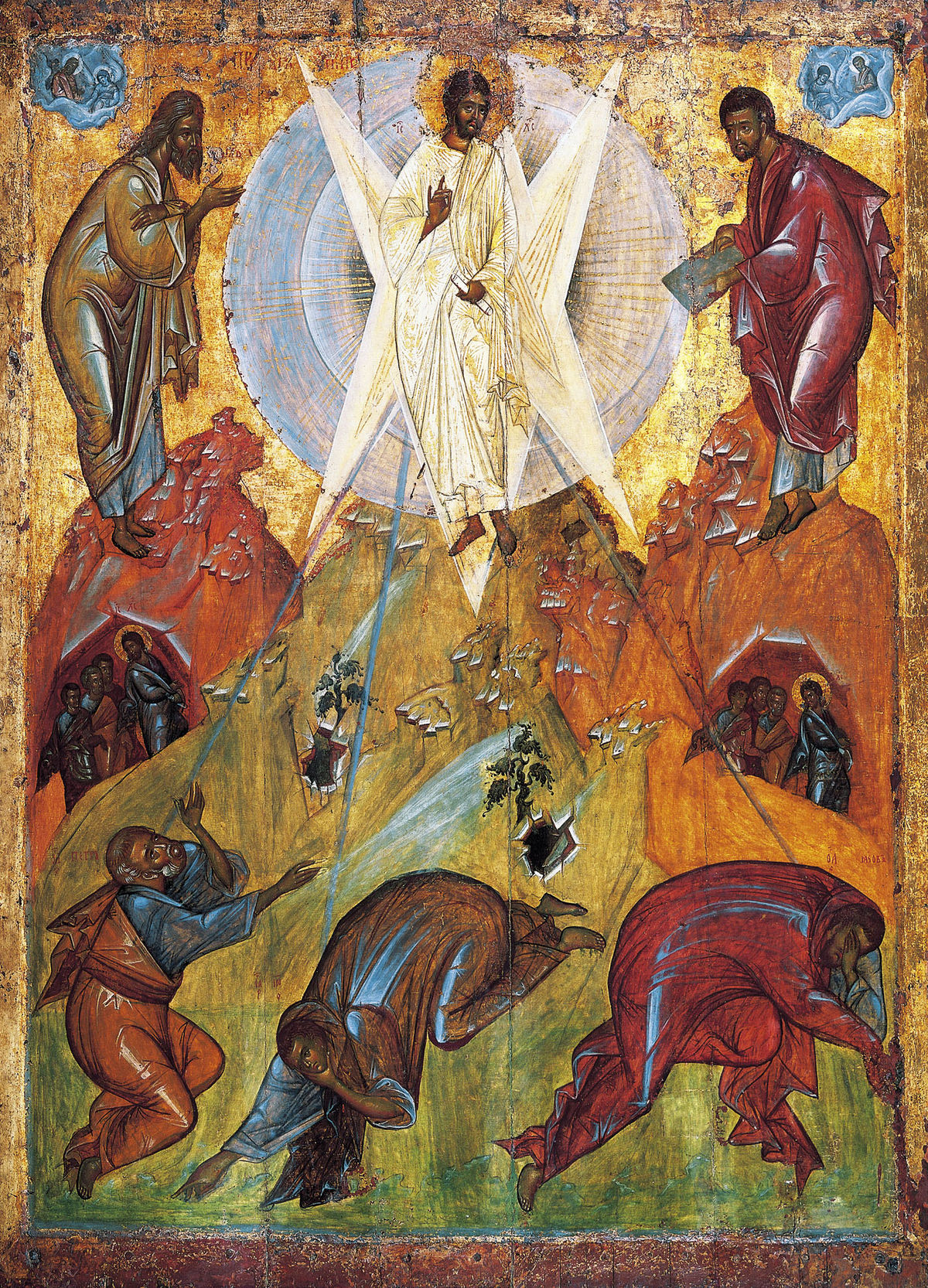The Lutheran in me is always uneasy with the term "mystic". In the history of the Reformation one of the most problematic issues that showed up was the false teaching of Enthusiasm. The strongest form of Enthusiasm I can think of was that of
Thomas Müntzer.
And it is this dichotomy, the external word vs the internal experience that is of serious consideration and consequence.
To rely on the internal experience rather than the external word turns the Christian away from God's objective means of grace, away from God's objective Self-Disclosure to us in time and history and in the here and now of the Church through Word and Sacrament is, fundamentally, to turn away from God as God Himself would be known and toward self-made religions and spiritualities. It is, at its heart,
the distinction between true worship and idolatry.
A mysticism that is internalized as direct experience of the Spirit--aka Enthusiasm--is, from a Lutheran POV, diabolical.
Literally. This isn't to deny internal dimensions of the Christian life. But proper Christian "mysticality" is external, God's Mysteries, namely Word and Sacrament. Mystery as in God
Revelatus, not something secret whereby man tries to know God in His Hiddenness (God
Absconditus). The heart of the Christian faith is God-Revealed, not God-Hidden. God revealed in the Person and work of Jesus Christ our Lord, and His plan of redemption, His revealed counsel and will unveiled in Jesus, the Good News of His love for us through Christ who gave His life for us, and through whom we have mystical union with God as grace plainly seen and given.
The Christian life is something given from outside of ourselves, publicly, visibly, tangibly, externally; not in something to be discovered from within. It is a life that comes extra nos, from outside of ourselves, by grace; this faith we receive is a gift from God in which the Christian can confidently believe in what God has said and done. That is the Mystery of Christian life--life from God, given from God,
Grace.
So much of what is contrived as "mystical", at least in the present times, is an esoteric, internalized, even occult spirituality--of finding the divine from within, of meeting God within myself--that to know myself is to know God. But I am not where God is found, I am the antithesis of God because of my sin, in my mortality, in the total estrangement of myself by my passions from God and thus my need of grace to reconcile me to God, and give me what I have not: Life.
-CryptoLutheran

